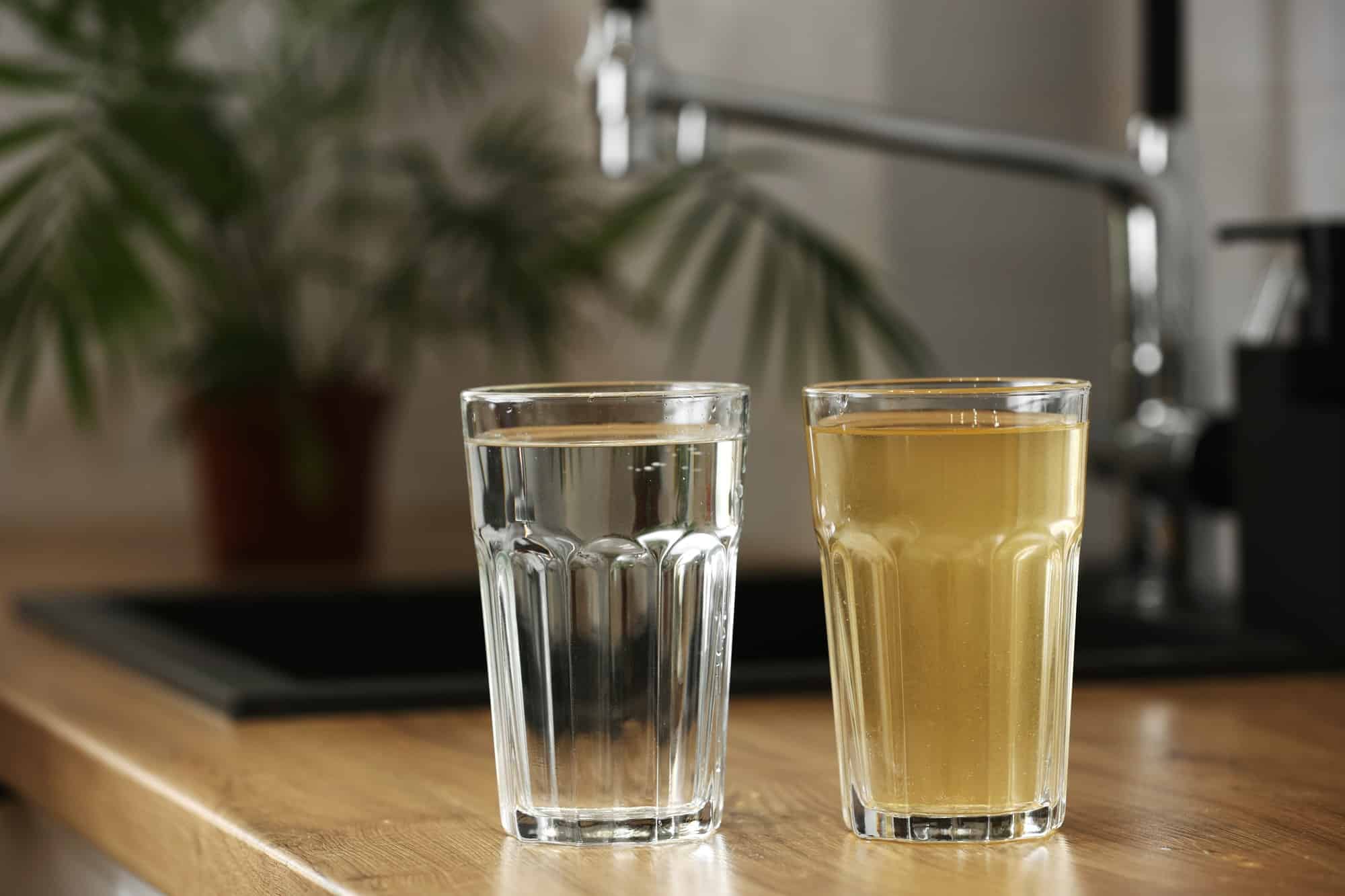What Are the Best Non-Electric Water Filters for a Self-Sufficient Home?

Water is the essence of life, and clean water is paramount for our health and well-being. However, the necessity for clean water is frequently taken for granted, especially in developed countries where tap water is usually safe to drink. What if we tell you that even tap water can contain contaminants? Hence, the necessity of water filters. They ensure that the water you and your family consume is free from harmful substances.
But what if you live in a self-sufficient home off the grid or are planning to move to one? You will need a non-electric water filter. Let’s delve into some of the best non-electric water filtration systems available in the market.
Avez-vous vu cela : What’s the Best Way to Set Up a Low Energy Consumption Home Data Center?
Berkey Water Filtration Systems
Berkey is a well-known name in the world of water filtration. Their filters are gravity-fed, meaning they do not require electricity. This feature makes them an excellent choice for off-grid homes. Their filtration systems are capable of removing contaminants to produce clean, safe water for consumption.
Berkey filters come in various sizes, with the capacity to filter between 1.5 to 6 gallons of water per hour, making them suitable for different household sizes. Furthermore, their replacement is fairly simple, and on average, they can filter up to 3,000 gallons before needing replacement. This longevity makes Berkey systems a cost-effective option for many people.
A voir aussi : What’s the Best Approach for Non-Toxic Pest Control in a Home with Young Children?
Water Filter Pitchers
If you are looking for a simpler and more portable solution, then a water filter pitcher could be the right choice for you. These pitchers come with a built-in filter, usually activated carbon, which can remove common contaminants such as chlorine, lead, and mercury from your water.
Water filter pitchers are not only affordable but also easy to use. Simply fill them up with tap water, and the pitcher will do the rest, filtering the water as it passes into the main compartment. However, they have a smaller capacity compared to other systems, typically holding between 6 to 10 cups of water. The filters also need frequent replacement, usually every two to three months, depending on usage.
Ceramic Water Filters
Ceramic water filters are another excellent choice for off-grid living. These filters work by passing water through a porous ceramic filter, trapping contaminants in the process. They are effective in removing bacteria, parasites, and turbidity from water, providing you with clean and safe water.
Ceramic filters are also a sustainable choice. They can be cleaned and reused multiple times before needing replacement, reducing waste in the process. Furthermore, some ceramic filters come with an added layer of activated carbon, improving their ability to remove chemical contaminants.
Gravity Bag Water Filters
Gravity bag water filters are a go-to option for many outdoor enthusiasts, but they can also be an effective solution for off-grid homes. These filters work by using gravity to push water through a filter, hence the name.
These filters come in the form of a bag or bottle, which you fill with water and hang up. The water then flows down through the filter and into another container. They can filter large volumes of water at a time, typically up to 4 gallons, depending on the model.
Gravity bag filters are effective at removing bacteria, parasites, and microplastics. Some models also have activated carbon to help remove chemicals and improve taste. However, they do need regular cleaning to maintain their effectiveness.
Activated Charcoal Stick Filters
Activated charcoal stick filters are a traditional Japanese method of purifying water. These sticks, known as Binchotan charcoal, have a porous structure that attracts and holds onto contaminants.
To use, you simply place a stick into a bottle or pitcher of water, and it will filter the water over a few hours. The sticks can be reused for several months and can even be rejuvenated by boiling. However, they are slow to filter and are more suitable for improving taste and removing basic contaminants.
In the pursuit of a self-sufficient, off-grid lifestyle, maintaining access to clean water is crucial. Non-electric water filters offer a practical and effective solution to this need. Whether you opt for a Berkey system, a filter pitcher, a ceramic filter, a gravity bag filter, or a charcoal stick, each will help ensure you and your family have access to safe, clean water. Remember to consider your specific needs, including your water source, the types of contaminants you need to remove, and the volume of water you need to filter.
Reverse Osmosis Systems
Reverse osmosis systems are also a great non-electric water filtration solution. They work by using the natural pressure of your water source to push the water through a semi-permeable membrane. This membrane allows water molecules to pass through but blocks the majority of contaminants, including heavy metals, bacteria, and viruses.
Most reverse osmosis systems are made of durable materials like stainless steel, ensuring longevity and durability. They are also typically compact in design, making them convenient for small spaces. However, one thing to note is that these systems do waste some water in the filtration process. For every gallon of filtered water produced, about 2-3 gallons are discarded. This waste water can be used for other purposes like watering plants or washing dishes, ensuring no water is wasted.
Replacement frequency for reverse osmosis systems varies depending on the quality of your water source and the amount of water you filter each day. On average, the membrane should be replaced every 2-3 years, and pre and post-filters should be replaced every 6-12 months.
Solar Water Distillers
Solar water distillers are another eco-friendly and efficient method of water purification for off-grid homes. This device utilizes the heat from the sun to evaporate water, leaving the contaminants behind. The evaporated water then condenses and is collected in a clean container, providing pure distilled water.
These distillers are generally made of sturdy materials like stainless steel and are designed to withstand outdoor weather conditions. The best part is that they do not require any filter replacement. However, they do need regular cleaning to maintain their efficiency.
One downside to solar water distillers is that they rely on sunlight. Therefore, their productivity can vary based on weather conditions. On a sunny day, a typical solar distiller can produce about 0.5 to 1.5 gallons of water.
Conclusion
Water is essential for survival, and access to clean, safe drinking water is no less important for those living off the grid. Whether you’re relying on rainwater, a well, or a nearby stream, having a non-electric water filtration system can ensure you and your loved ones always have access to clean water, regardless of your living situation.
In conclusion, the best water filters for a self-sufficient home are those that meet your specific needs and preferences. This could be a gravity-fed Berkey system, a handy water pitcher, a long-lasting ceramic filter, a high-capacity gravity bag filter, a traditional charcoal stick, a reverse osmosis system, or even a solar water distiller. Remember, the key is to understand your water source, the contaminants you need to address, and the volume of water you need to filter daily. With this knowledge, you can ensure you select the best water purification solution for your home and lifestyle.
